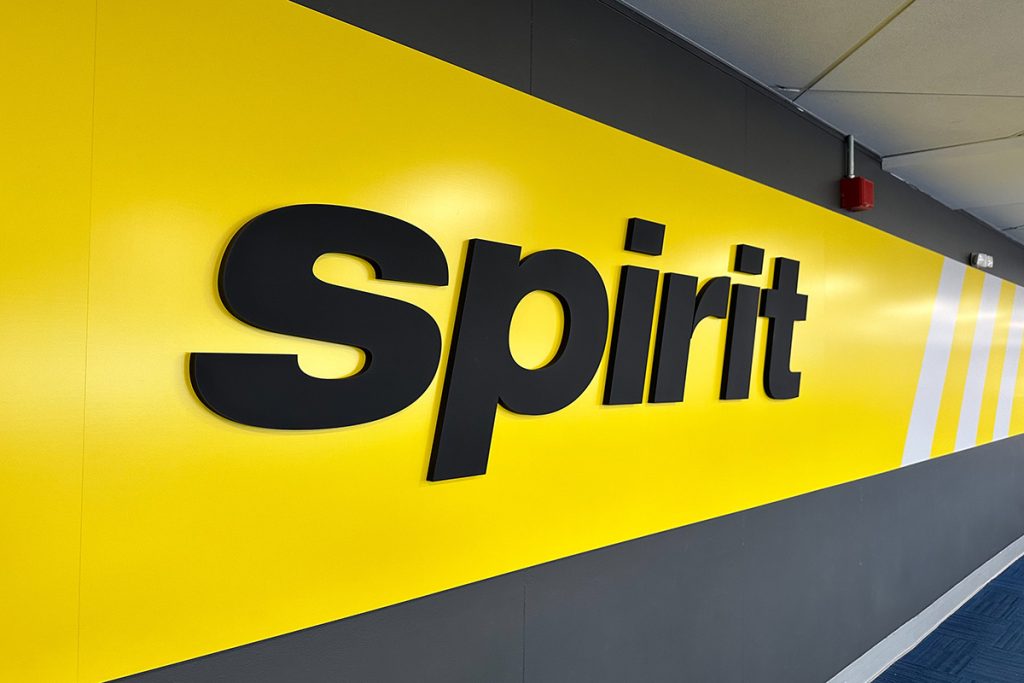Spirit Airlines has announced an agreement to extend the deadline to refinance some of its debt, pushing the deadline from October 21 to December 23. The budget carrier was facing pressure to renegotiate an agreement with the U.S. National Bank Association related to processing certain payments made to it via Visa or MasterCard credit cards. Some analysts had speculated that failure to reach an agreement could lead to bankruptcy for the airline. Spirit also disclosed that it had fully utilized its $300 million revolving credit facility and expected to end the year with over $1 billion in liquidity. The carrier is engaged in discussions about debt maturing in 2025 and 2026.
The current financial situation at Spirit Airlines has been challenging, as the carrier has not posted a profit since the start of the pandemic. A previously proposed merger with JetBlue was blocked by a federal judge, further complicating its future as a standalone carrier. Additionally, issues with Pratt & Whitney engines have led to some of Spirit’s fleet being grounded. In the second quarter, the airline reported a significant loss of $192.9 million, compared to a much smaller loss of $2.3 million in the same period the previous year. As part of its efforts to strengthen its financial position, Spirit has implemented cost-cutting measures, including pilot furloughs and delayed Airbus deliveries. In August, the airline announced plans to introduce bundled fares and premium seating options that include blocking off the middle seat.
The performance of Spirit Airlines’ stock reflects the challenges the carrier is facing, with its stock hitting a new low. The stock was down 3% to $1.47 per share following the announcement of the extended deadline for debt refinancing. The company’s stock has been under pressure due to uncertainty surrounding its financial stability and potential bankruptcy risks. The airline industry as a whole has been struggling due to the impact of the pandemic, with many carriers implementing cost-cutting measures and looking for ways to boost liquidity. The Skift Travel 200 index tracks the financial performance of nearly 200 travel companies, including airlines, providing insight into the overall health of the sector.
Despite the challenges facing Spirit Airlines, the carrier remains optimistic about its future prospects. The extension of the deadline for debt refinancing provides some breathing room for the airline to explore options and negotiate new terms with creditors. Spirit’s focus on increasing liquidity and cutting costs demonstrates its commitment to weathering the current storm in the airline industry. The carrier’s efforts to introduce new fare options and premium seating indicate a willingness to adapt to changing consumer preferences and market conditions. As the airline industry continues to navigate the challenges brought on by the pandemic, Spirit Airlines is taking proactive steps to secure its financial future and emerge stronger from the current crisis.


